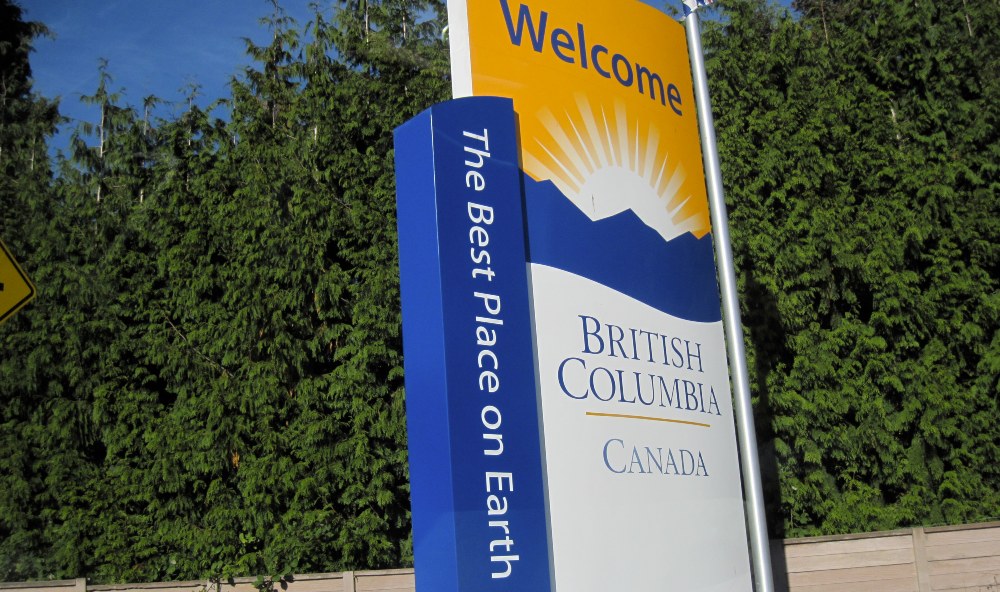The left-leaning New Democratic Party (NDP) will continue to govern British Columbia after surviving a close, humbling election. The NDP emerged from a provincial election with 47 of 93 seats in the B.C. Legislature. Two million votes were cast. The bare majority was secured with a 27-vote margin in a Surrey riding (electoral district).
A resurgent Conservative Party took 44 seats and leader John Rustad vows to bring down the government should opportunity arise. The Green Party won two seats and likely will support the New Democrats.
What’s seen in the Great White North is a remarkable flip-flop of political allegiances. With socialist roots, the NDP has become political home to educated urbanites. Premier David Eby represents the affluent Vancouver Point Grey district, home to the University of British Columbia.
By contrast, Conservatives have run the table in rural B.C. They’ve captured industrial towns, such as Cranbrook, and Revelstoke, which used to send outspoken populists to Victoria. “We need to represent the entire province and that is what we are going to do,” said Eby, addressing the province’s urban-rural divide.
The Conservatives took just two percent of the vote in the last provincial election. A sequence of developments ensued. Out of power, the long-ruling (not very liberal) Liberal Party changed its name to B.C. United. Designed to gussy up the party’s image, the name change only confused people. A rural legislator, Rustad doubted climate change and praised carbon dioxide in the atmosphere.
Rustad was booted out of his caucus, and he took charge of a moribund Conservative Party. Despite wacky statements — Rustad is an anti-vaxxer — the party surged in popularity. B.C. United came apart and withdrew its candidates in August, ending the split of conservative parties.
The Conservatives swept rural interior B.C., where timber, mining, and natural gas are the economic base. The New Democrats took Vancouver, Burnaby, and Vancouver Island, centers of environmental concerns.
The Conservatives captured a half dozen seats in Surrey, south of the Fraser River. The city is straining under growth. Housing is pricey, and kids are going to school in portables. Gang violence is making headlines. Surrey Memorial Hospital is sending surgery cases south to the US.
The ornate provincial capital in Victoria is often a scene of raucous debate. The province’s carbon tax has been a centerpiece of debate. Climate change has hit the province in a big way. A record high Canada temperature (121 degrees Fahrenheit) was recorded in the Fraser Canyon town of Lytton, and the town was nearly destroyed by a wild fire. A fire in northeast B.C. Consumed an area larger than the province of Prince Edward Island. Another fire jumped Lake Okanagan.
A gorgeous place, British Columbia is now stressed and divided. Premier David Eby faces challenging times.
Discover more from Post Alley
Subscribe to get the latest posts sent to your email.

Just as many hoped, incumbent NDP Ronna-Rae Leonard lost to Conservative Brennan Day by 111 votes in the Courtenay-Comox riding district of central-east side of Vancouver Island. Even as the NDP remained in power by a one-vote margin. Leonard, who won in 2017, has long pushed for social housing and the city’s only homeless shelter, beginning when she was on the Courtenay city council and continuing as a Member of the Legislative Assembly. A neighbourhood group in East Courtenay, 925 Braidwood Neighbours, organized last spring to fight the unpopular planned move of the city’s homeless shelter to East Courtenay. Currently across the street from Courtenay city hall to East Courtenay residential neighbourhood and along a busy provincial road. While they didn’t ‘win’ many members feel their actions helped defeat Leonard. They had 272 members. More than enough to defeat Leonard resulting in Day’s win. Scott Larsen, Courtenay, BC.